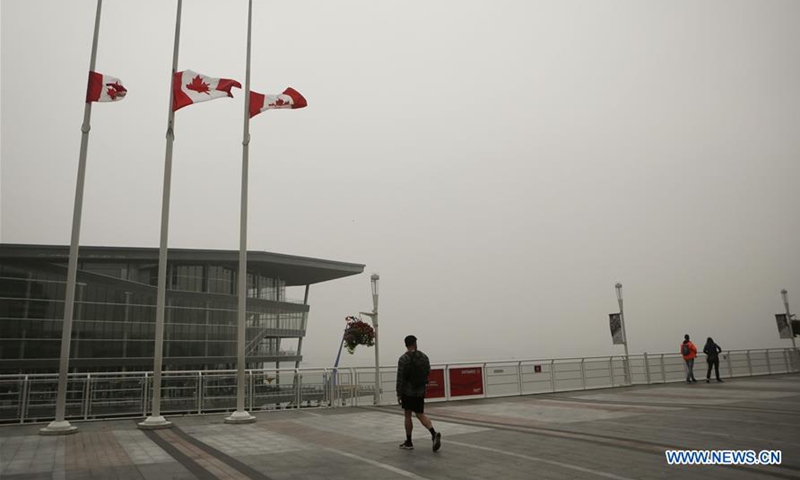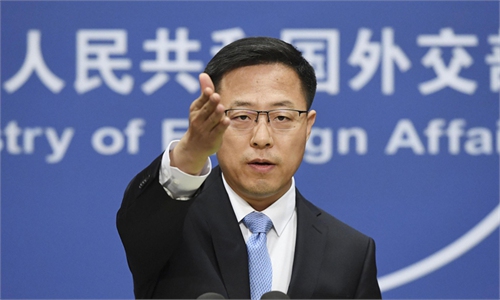
Photo:Xinhua
The Canadian government vetoed a bid by China's Shandong Gold Mining Co to acquire the asset of TMAC Resources Inc on national security grounds, the Chinese state-owned company confirmed in a stock exchange filing on Tuesday.Given strained China-Canada relations, the move came as no surprise but still caused some disappointment, especially for the two companies involved that have been trying hard to salvage the deal, amid a hostile geopolitical climate.
For Shandong Gold Mining, all the human and financial resources spent on the deal over the past months have been wasted, while indebted TMAC will have to handle its own financial problems. Even before the release of Canadian government's decision, the miner told the media that it faced difficulty raising enough money to repay the debt due next year.
Shandong Gold Mining was the only bidder out of the 76 companies that TMAC had approached over the potential sale of a gold mine roughly 120 miles north of the Arctic Circle.
This is not the first time that Ottawa has blocked a Chinese acquisition deal on national security grounds, and probably not the last. Such abuse of the national security will only tarnish a country's reputation in terms of attracting foreign investment, to the detriment of its strategic industries which face a shortfall of funds.
Last week, Bank of Canada Governor Tiff Macklem warned that Canadian economy is entering a "difficult stage," which could continue to contract in the first quarter of 2021 amid the second wave of resurging COVID-19 cases. Moreover, Canada's deficit - projected to hit 381.6 billion Canadian dollars ($296.5 billion) the current fiscal year, nearly 10 times the level of the previous year - is soaring at the fastest pace among the G20 economies, according to the IMF.
It remains unknown whether Canadian government's aggressive spending spree could lift its economy out of the coronavirus quagmire, but one thing is almost certain: the financial support from Ottawa to backstop its own businesses will be limited in the coming years.
With the US, UK, India and other countries battling to minimize the economic damage from the coronavirus, China is one of the few countries that have the ability and willingness to invest abroad. China's overseas direct investment amounted to $136.9 billion in 2019, retaining its position as the world's second-largest outward investor after Japan. As of the end of last year, China's cumulative overseas direct investment reached $2.2 trillion.
It is essential for the Canadian government to come up with plans to offer necessary financial support to industries which it deems of national significance, now that it has resorted to administrative intervention measures to prevent the country's strategic businesses from resolving their financial predicament through attracting normal Chinese capital.
In the end, bankruptcies and unemployment will be a very high price to pay under the pretense of protecting its national security.



